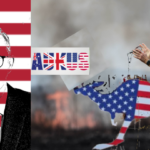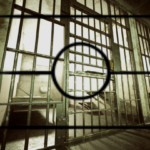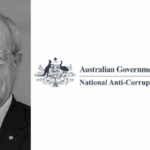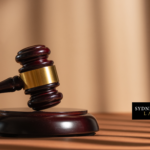Banksia Hill Class Action Seeks Justice for Harmed Youth Detainees
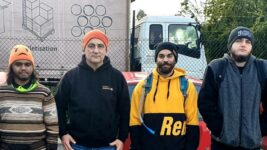
Despite having the second highest youth incarceration rate in the country, Western Australia only has one child correctional facility, which is the Banksia Hill Juvenile Detention Centre located in the south Perth suburb of Canning Vale.
So, some of the state’s most vulnerable youths have to be flown in to the capital – far from their families and supports – to be held there. And often these children are detained on remand as they await court dates, only to then be sent home without receiving a prison sentence or a conviction.
WA Department of Justice figures outline that for the September quarter last year, 83 youths were being held in Banksia Hill, with 57 – or 68 percent – being First Nations children. And 60 percent of the locked-up kids were on remand, meaning they either hadn’t been convicted or sentenced.
Banksia Hill is notorious internationally for its ill treatment of youths, especially due to its use of solitary confinement. And the WA Office of the Inspector of Custodial Services (OICS) notes that it’s had to give the centre extra attention over the last decade due to its “elevated risk level”.
Indeed, the traumatic treatment Banksia Hill detainees are subjected to sets them up for a life of disadvantage, and this is why a large number of former inmates are launching the Banksia Hill Class Action, which is seeking compensation and an end to the injustice.
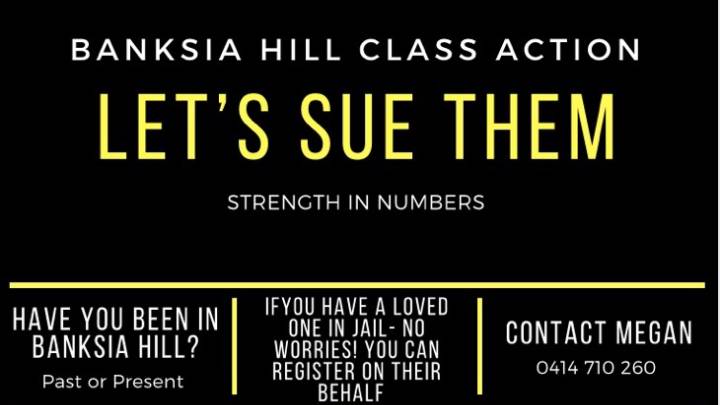
Lining up for action
“The forgotten children of Banksia are our most impoverished children – our most traumatised. The majority didn’t have a chance at a good life from the beginning,” said Gerry Georgatos, coordinator of the National Suicide Prevention and Trauma Recovery Project (NSPTRP).
“One hundred percent of them have experienced major traumas – unaddressed traumas,” he continued. “A significant proportion must be recognised as having no safety nets. In fact, many have no parents. Many come in from transience and homelessness. And many return to such loneliness.”
Georgatos is one of the chief organisers of the Banksia Hill Class Action. He and NSPTRP director Megan Krakouer recently travelled to Geraldton and Bunbury to locate former Banksia Hill detainees, who’d be interested in getting on board with the civil case.
So far, 300 former detainees have signed on. And according to Georgatos, these numbers should swell to 500 in the coming weeks, and by year’s end, the number of plaintiffs will rise to about 1,000 former detainees, which will make it one of the largest class actions of its kind.
“By no stretch of any imagination is Banksia a safety net. It’s a hovel of incarceration,” the justice advocate told Sydney Criminal Lawyers. “The Banksia experience diminishes children – youth – to the worst of themselves, fast-tracking disaster – and some pay with their lives.
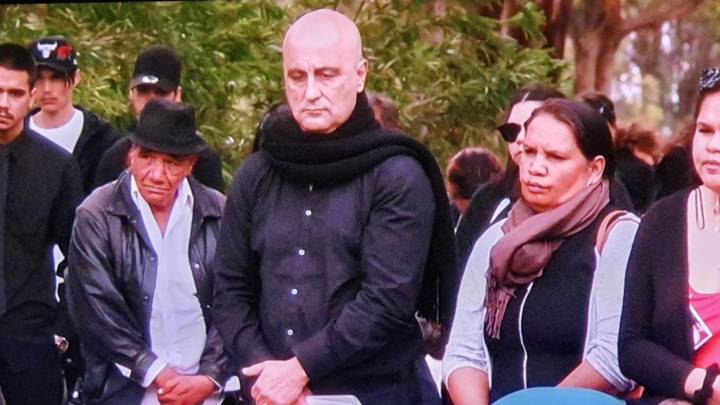
Torturing the disadvantaged
Back in January 2018, Amnesty International launched a campaign calling for the immediate closure of the Banksia Hill’s Intensive Support Unit (ISU), as it asserted a number of youth detainees had been held in solitary confinement for at least two weeks.
Rule 32 of the UN Convention against Torture and Other Cruel, Inhuman or Degrading Treatment or Punishment states that solitary confinement “might constitute torture or inhuman treatment” and it “should be prohibited as a punishment for juveniles”.
Further charges laid against the treatment of youths in the ISU, included being deprived of contact with their families and education, the excessive use of force, a disproportionate use of restraints and denial of adequate medical treatment.
A follow up OICS report found that in the cases of two youths that were specifically raised by Amnesty, they were “probably… held in conditions that amounted to ‘solitary confinement’ under international law as they did not have at least two hours out of cell per day”.
The most recent OICS inspection of Banksia Hill revealed that in September last year, the facility was experiencing a period of stability after years of disruption. However, by the time its report was released in June this year, signs were emerging that conditions at the centre were deteriorating.
Much-needed reform
“Western Australia and the Northern Territory are the nation’s backwaters – racist and classist – and these jurisdictions are polluted with draconian justice laws,” Georgatos said, adding that the government spends more on criminalising kids than the holistic alternatives would cost.
The social justice advocate further pointed to the need for law reform in WA around bail laws for children, which would permit those who’ve been charged with an offence to remain with their families whilst awaiting their time in court, rather than being sent to Banksia Hill on remand.
The 2018 OICS report in response to Amnesty, found that the laws governing the confinement of children contained within the Young Offenders Act 1994 (WA) and its accompanying regulations, are “obsolete, outdated, and inconsistent” with international standards.
And as Western Australia sets the age of criminal responsibility at 10 years old – as does the rest of the nation – children as young as this who’ve been charged with a crime continue to be ripped from their families and flown across the state to be locked up at Banksia Hill regardless of guilt.
All of these unjust laws and practices disproportionately affect First Nations youth. As noted above, around 68 percent of 10 to 17 year olds locked up in WA are Aboriginal kids, despite them only accounting for 6 percent of the overall state populace of that age bracket.
Forging change
The state of WA ought to be on notice that the Banksia Hill Class Action is pending, as leading it is Levitt Robinson Solicitors senior partner Stewart Levitt, who’s the lawyer that ran the Palm Island Class Action, which saw Queensland pay $30 million in compensation and deliver a formal apology.
But the action being taken against WA’s only youth gaol isn’t just about compensating those who’ve been subjected to mistreatment within its secured walls, as it’s also about bringing real reforms so that children in the future are no longer subject to such scarring treatment at the hands of the state.
According to Georgatos, because of the looming class action and the media attention it’s already gathering, Banksia Hill Juvenile Detention Centre is currently implementing small reforms, so a success in the courts could be seismic.
“If we win in the courts, precedents will be set for changes and reforms not just in Western Australia, but which can be tapped into by every state and territory,” Georgatos concluded.
“Imagine, backwater Western Australia all of a sudden hails forward as the nation’s social justice reformer.”




